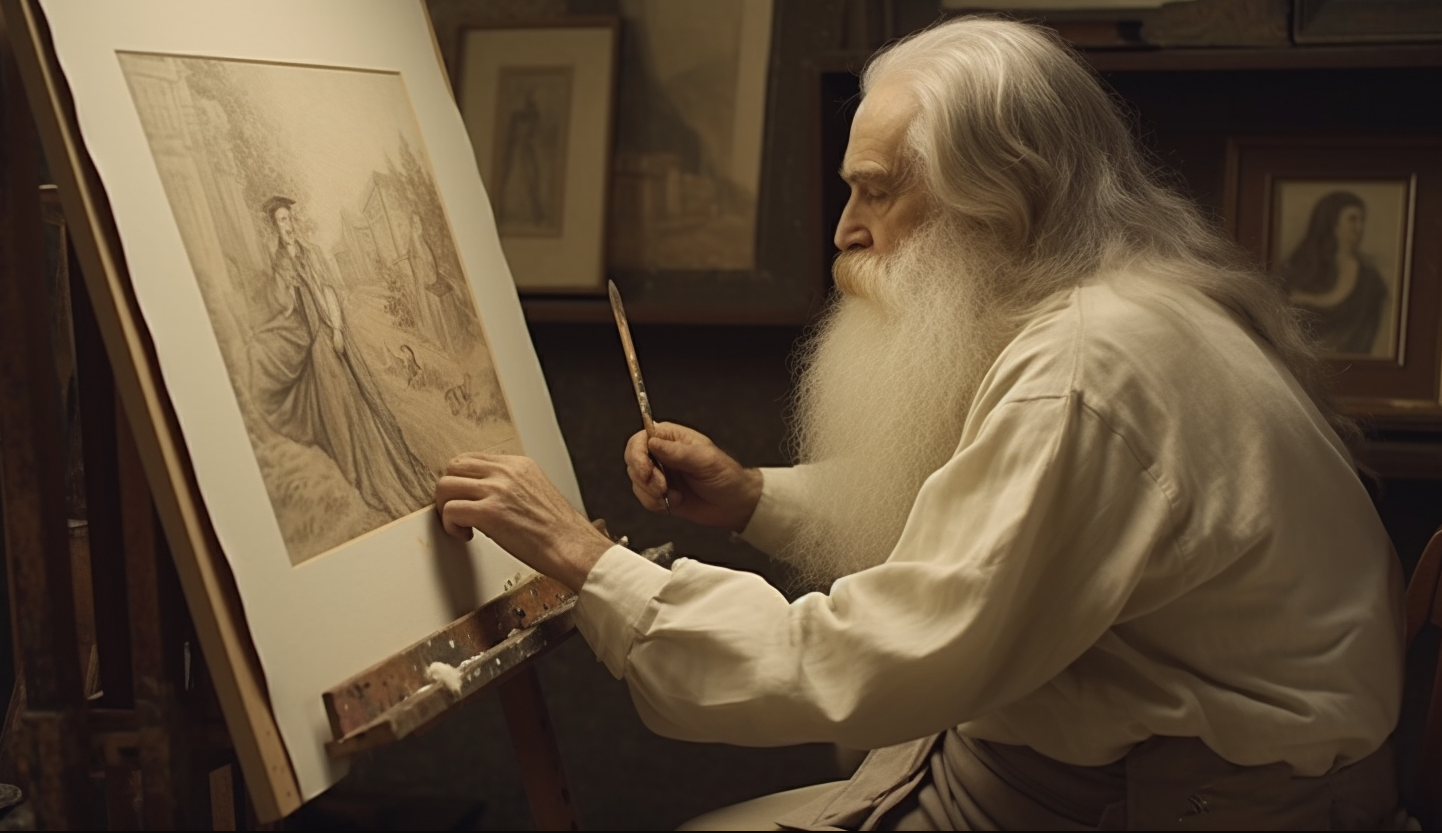Tip #1: Unplug from the Social Media Circus
It’s time to face the digital elephant in the room: social media is a breeding ground for comparison. Sure, it’s fun to scroll through endless streams of carefully curated images, but remember that you’re only seeing the highlight reel, not the behind-the-scenes blooper reel. So, take a step back from the social media circus, and spend more time cultivating your real-life awesomeness.
Tip #2: Embrace Your Inner Unicorn
You are a one-of-a-kind, magical creature with unique talents, dreams, and passions. So, why waste time comparing yourself to others? It’s like comparing apples and unicorns – it just doesn’t make sense! Instead, focus on what makes you truly special and use those qualities to pave your own path to success.
Tip #3: Set Your Own Gold Standards
If you’re constantly measuring yourself against others, you’re likely adopting their standards of success rather than defining your own. It’s time to toss out those borrowed yardsticks and craft your own customized gold standard. What truly matters to you? Is it financial freedom, creative expression, or making a difference in the world? Identify your values and let them guide your journey toward success.
Tip #4: Turn Comparison into Inspiration
When you find yourself slipping back into the comparison trap, try this nifty mental trick: turn envy into inspiration. Instead of feeling threatened by someone else’s achievements, think, “Wow! If they can do it, so can I!” Use their success as fuel for your own fire and let it propel you toward your goals with renewed gusto.
Tip #5: Celebrate Your Victories (No Matter How Small)
In the quest for success, it’s easy to overlook the small wins. Don’t let those mini-milestones pass you by! Celebrate each and every victory, whether it’s finishing a project, learning a new skill, or finally figuring out how to fold a fitted sheet (trust us, that’s a major win). These moments of triumph will help you stay focused on your unique journey and remind you of your incredible capabilities.
It’s time to break free from the comparison trap and redefine success on your own terms. With a little humor, determination, and a healthy dose of self-love, you’ll be well on your way to crafting a life that is uniquely yours, free from the shackles of comparison. So, go forth, embrace your inner unicorn, and create a world where you can truly shine!
Define Your Own Greatness
- Embrace the Apathy: The Secret Sauce to Success that No One Talks About
- Unleashing Your Inner Da Vinci: The Power of Imagination and Ingenuity in Pursuing Excellence
- The Sitzpinkler Philosophy: A Humorous Approach to Success and Personal Growth
- The Starfish Story: A Tale of Hope and the Power of Small Actions
- Poetic Art: Time Tested Beauty







